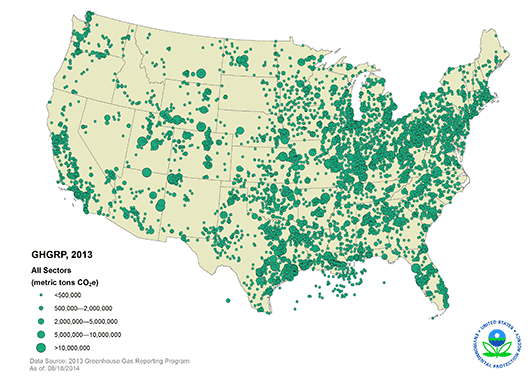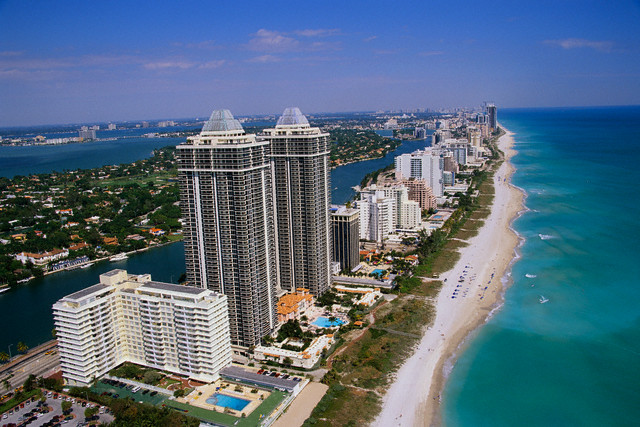By Sepeedeh Hashemian
Reviewed by Lila Devi Ojha
I remember when I was in high school the topic of global warming was very controversial. Part of the controversy had to do with whether people believed it was happening and the other part had to do with whether we contributed to the problem of global warming. Back then I definitely had noticed extreme weather changes each year, but I was still a little uncertain as to my stance on the issue.
Over the years everyone has discussed the implications of global warming and how our carbon footprints are what contribute to the polar ice caps melting. I have always thought that it is important for everyone to do what they can to be environmentally friendly. It can be something as simple as carpooling to work or recycling, but ultimately it takes more than a few people doing these things to curb the effects of global warming. Therefore I don’t think we can necessarily prevent global warming, since it is already happening but we can build up defenses against its effects.

I recently stumbled across an article on Bloomberg Businessweek and the headline reads, “How Climate Change Is Fueling the Miami Real Estate Boom.” The headline automatically piqued my interest because I feel that usually when you see an article about global warming it is always negative and in this instance it seems it is helping real estate development in Miami. But when I had a chance to read the article I realized that the issue is more complex than just negative and positive.
The article mostly discusses how Miami is practically at sea level which poses a problem in terms of climate change because it could lead to severe flooding or worse, the city could be completely submerged. However, real estate developers in Miami are purchasing and constructing more properties despite this threat. While it seems a bit crazy to be investing in a city that could end up submerging your investment underwater, real estate taxes are what fund South Florida’s public infrastructure. If these developers were to invest in California instead, Miami Beach’s economy would struggle and therefore be less likely to combat potential future flooding caused by global warming.

A similar situation is occurring in the Netherlands; this country is also at sea level and runs the risk of being submerged under water. Instead of being on the defense and planning to act after the fact, like Miami, the Netherlands have flood defenses that they are upgrading to cope with the continual climate change .
The impacts of climate change and global warming are real, the changes are happening. We should try our best to do what we can to not contribute to the problem but unless everyone limits their carbon footprint these extreme weather conditions will continue to get worse. In the instance of the developers, they are doing the right by continuing their business practices because without their investments the city won’t be able to recover if Miami were to flood or be submerged under water. So while ideally we should do our best to prevent the worsening of conditions, sometimes all we can do is plan for the worst and deal with the aftermath.
